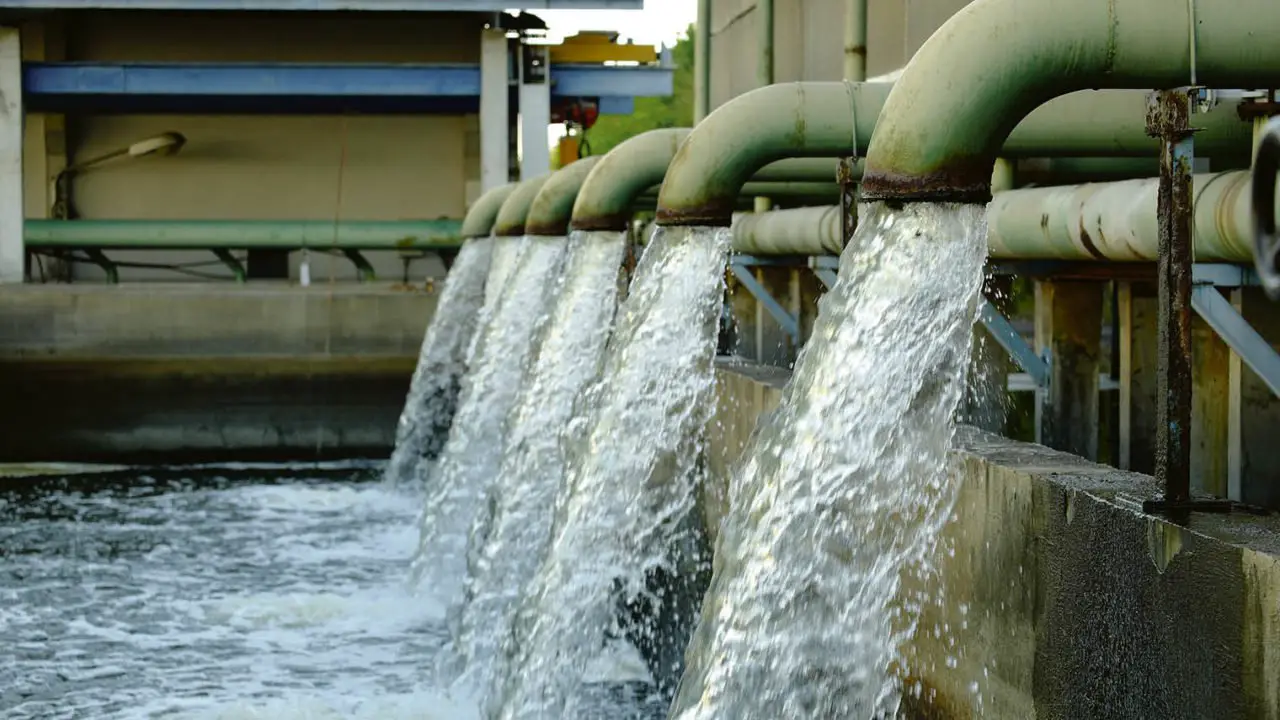Ivory Coast is set to receive US $150m grant from World Bank to fund drinking water and sanitation projects in 12 secondary cities.
Part of the funds is earmarked for Phase II of the Strengthening Urban Water Supply and Sanitation Project dubbed PREMU in French. The overall aim of the project is to improve water quality and increase access to water services in targeted urban areas.
Also Read:Ghana’s cabinet approves US $265m for water supply projects
PREMU
According to Pierre Laporte, World Bank Director of Operations for Ivory Coast, PREMU will help to create an enabling environment for private sector participation in a capital-intensive sector, through capacity building for stakeholders and improving the performance of public water services in urban areas. This includes capacity building for managers of the National Drinking Water Office (Onep) of Ivory Coast, particularly in financial planning.
The 12 secondary cities that PREMU project will established include; Agboville, Bingerville, Tiassalé, N’Douci, N’Zianouan, Béoumi, Korhogo and Ferkessédougou. In the city of Béoumi, with a population of more than 73,000 inhabitants, the project involves the construction of a water intake on the Bandama River in the village of Konsou.
The water will then be treated and stored in a 500 m3 tank. The Ivorian government states that the construction of a water treatment plant for the city of Béoumi and these agglomerations must be based on the continuity of the existing service and its reinforcement to meet the population’s drinking water needs. Thus, the rehabilitation of the existing treatment plant, which has a capacity of 45 m3/h, and the construction of a new treatment plant, which will provide 200 m3/h, will be carried out.
Pierre added that there will be construction of a 300 m3 water tower in Belakro which will draw part of the water treated by the newly built plant. The project will also reduce water losses and improve access to water in cities around the city of Abidjan. This is the case of Bingerville or Jacqueville.
Construction works on the project has been scheduled to begin in July 2019 and upon completion in 2024, it is estimated that it will benefit 1.2 million people.

Leave a Reply